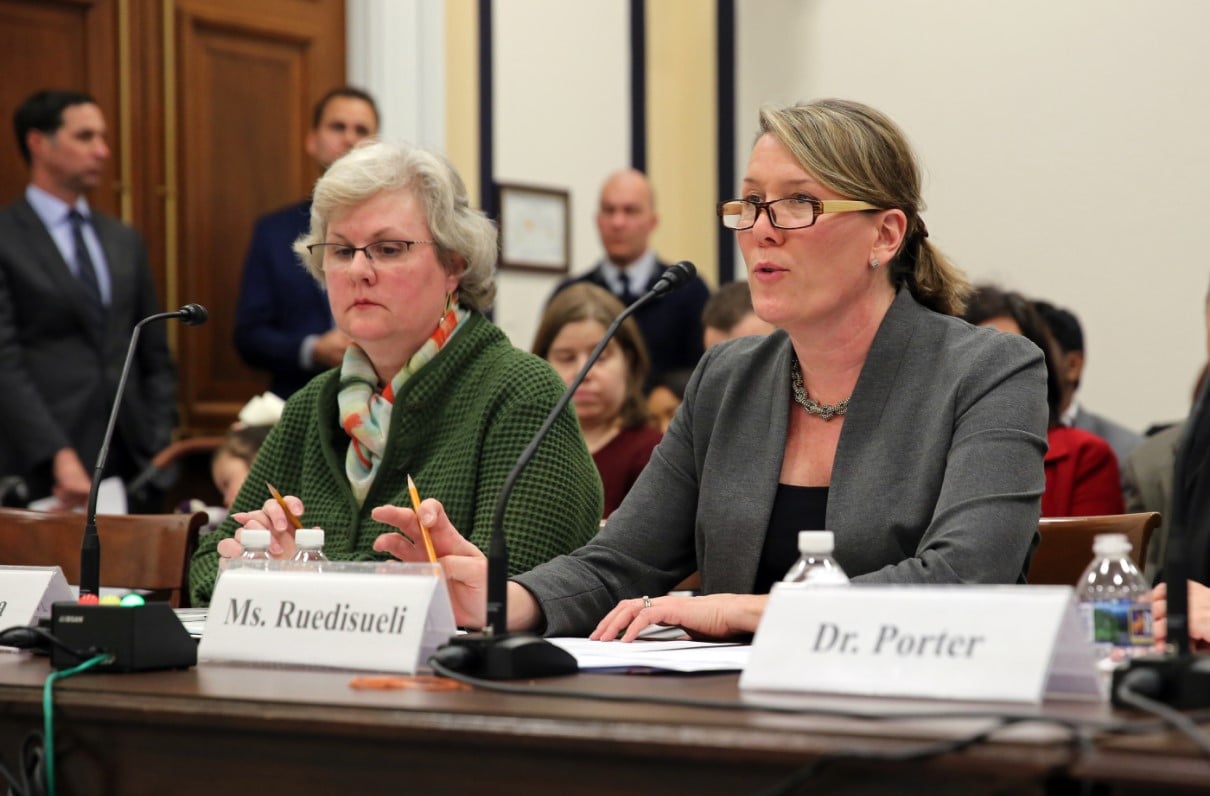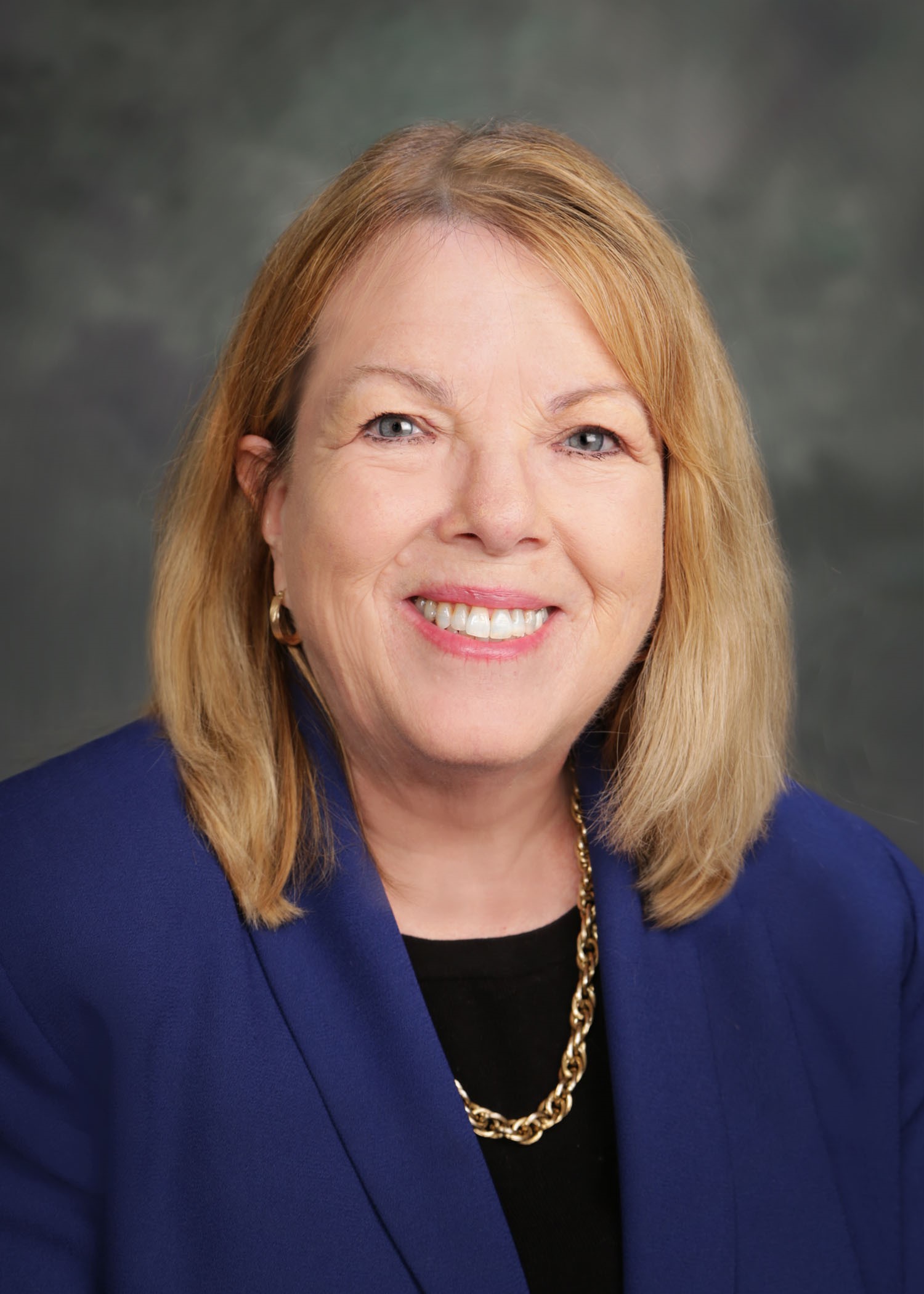![]() Editor’s Note: This article is part of MOAA’s 2024-25 TRICARE Guide, brought to you by MOAA Insurance Plans, administered by Association Member Benefits Advisors (AMBA). A version of the guide appeared in the November 2024 issue of Military Officer magazine.
Editor’s Note: This article is part of MOAA’s 2024-25 TRICARE Guide, brought to you by MOAA Insurance Plans, administered by Association Member Benefits Advisors (AMBA). A version of the guide appeared in the November 2024 issue of Military Officer magazine.
When Dr. David Krulak took on the role of director of the TRICARE Health Plan in early 2024, the retired Navy officer brought with him several generations of his own family’s experience with military medical care. The former chief executive officer of the U.S. Naval Hospital Okinawa, among other roles, is a TRICARE beneficiary and the parent of another. His father and grandfather were beneficiaries of TRICARE and its predecessor, CHAMPUS. As a family physician, his career has been devoted to serving active duty servicemembers and their families.
“I’m a believer in TRICARE. It’s something that I certainly use throughout my career and something that I want to work well because I do believe it is a force multiplier for our services,” he told Military Officer as part of a recent interview.
Q. What vision do you have for TRICARE in the near future?
A. I want us to be world class. I want people to say “Wow, I’ve got TRICARE — that is an incredible program.” … This is something that really makes a difference and helps us do things such as recruit into the services, because people recognize it, this is a benefit that is something not seen by the average employer out there in America. … There’s always room for improvement, and we want to continue to modernize the plan. … I really do believe there is the opportunity to be known as a world-class program.
The nearest thing we’re doing is transitioning to the T-5 series of managed care support contracts, and those will take effect in January 2025. And as we work to meet our director’s goals of stabilizing and modernizing the Military Health System, I believe this T-5 contract is going to be a part of that. … The benefits that our beneficiaries will see in some of the changes that are made will help us get to where we want to be.
[UPDATED MONTHLY: MOAA's TRICARE Toolkit]
Q. What can beneficiaries expect with the new T-5 contract?
A. To more equally balance the two contracts we have an East contract and a West contract; to best balance those, we have shifted six states that used to be in the east, and they’re moving over to the west.
… We have worked very closely with both sets of contractors to make this as seamless a transition as possible. We believe the vast majority of those patients are going to still be seeing the same doctor they saw before. The incoming contractor has worked with the outgoing contractor, so the network will stay very similar to what it is today.
Q. What are some priorities you have?
A. A lot of what I’ve done since I’ve come here is see, listen, and talk to folks, like MOAA, and get an understanding of where the pain points are. … A few examples: We know how challenging it is for you to go to a new duty station, and then there’s not enough room in the MTF [military treatment facility]. So you’re going to be a TRICARE Prime beneficiary out in town, trying to find that doctor to take care of you. It is a difficult thing.
One of the neat new pieces of this T-5 contract is for that first visit to your new provider, the managed care support contractor will make that for you. It puts the challenge on them to try and make sure you get your appointment rather than you going through the directory and having to call multiple places to find who has the openings. Our contractors will be doing that, trying to improve the experience of our beneficiaries.
Another thing we’re looking very closely at is involuntary disenrollment that our beneficiaries undergo. … TRICARE, by law, is required to collect fees. And if you don’t pay your fees, then you don’t have health care at that point. Obviously, we want our beneficiaries to have the benefit.
So we’re working on ways to improve communication so that when a beneficiary is required to be involuntarily disenrolled, i.e., they didn’t pay their bill, let’s find enhanced communication techniques that we can reach out to them. … We’re actively working on ways to minimize disenrollments, and when they happen, make sure people are quickly made aware so that they can get reenrolled and basically have no break in their care.
[RELATED: Latest Health Care News From MOAA]
Q. What have you been hearing in your listening sessions with beneficiaries?
A. Their access to care is a great concern. … Access is always going to be a challenge. There are duty stations located in very large metropolitan areas, and it’s pretty easy for us to find enough doctors to take care of everybody when you’re in the Washington, D.C., area. There are many duty stations which are not located in those large metropolitan areas, and then it becomes much more challenging. Our contractors work very diligently to build the largest networks that they can in all areas, including those rural areas. … Our contractors are, although diligent, stuck with the same problem that the rest of the country is: How do you find enough doctors, particularly in an isolated rural or remote area? We work hard on that.
What I’ve heard probably the most is, “Can I get seen when I need to get seen?” There are things TRICARE has done to help with that. We have made it much easier to go to an urgent care center. So if you need to get seen today, you can do it. As a family physician, obviously I want you to go see your primary care provider. I think that’s the best care you’re ever going to get is by talking to the person who knows you and has worked with you for months and years. … However, there are times where you just need to be seen, and the last thing we want to do is stand between the beneficiary and the care they need urgently. So we believe there is a significant benefit to this piece of the plan.
[RELATED: What More Pharmacy Closures Could Mean for Your TRICARE Benefit]
Q. For beneficiaries who feel they need resolution to an issue with their benefit but don’t know how to find it within the system, what advice do you have?
A. The first thing I would say is go to the TRICARE website. It is an excellent resource. You will find numbers for the managed care support contractors and their customer service staff. Bring the concern to those folks. They are able to handle 90% of all issues that are raised to them. If you don’t get satisfaction within their system, they have an elevation component where they can take it to that next level of service within their own organization.
If folks still haven’t gotten the resolution, then they can ask for it to be elevated to the health plan itself and my staff. We have dedicated staff that work tirelessly to try and take care of those individuals. … They do their best to explain that to the beneficiary. To solve anything that can be solved, we absolutely want to solve it. But if we can’t, we at least want to educate the beneficiary on why we’re unable to do what they want to have done. We don’t always get to success. We try hard, but sometimes the law is the law and obviously we have to follow that.
Q. As you’re speaking directly to military families, what would you like to say to them?
A. Please stay as educated as you possibly can about TRICARE and about health care in general. The best way to make sure that you have the smoothest and easiest scenario or path through the very complex world of health care is to be that educated patient. Please do go to our website. … Learn what your benefit entitles you to. Then when something does go wrong with a family member who needs care, you’ll already know most of what you need to know to make sure that the claims get paid properly and that you’re not stuck with a bill. … An educated patient helps us help you.
MEDIPLUS® TRICARE Supplement
Works hand-in-hand with your Select or Prime Plan. Count on valuable protection.



